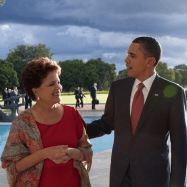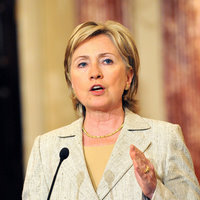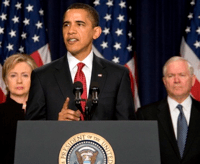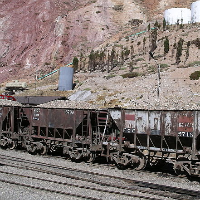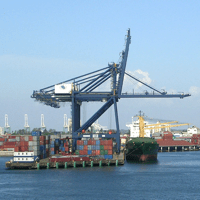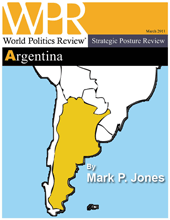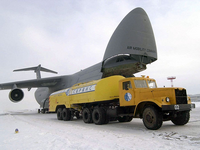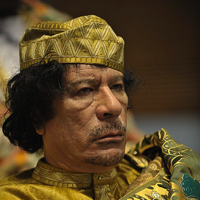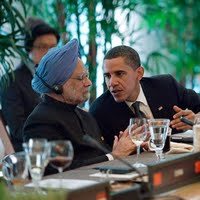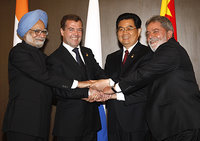
The U.S.-led intervention in Libya is now in full swing, thanks to a 10-0 vote by the U.N. Security Council in favor of authorizing military force. But the seeming unanimity of the vote belies key abstentions from a wary Germany as well as Brazil, Russia, India and China — the four emerging economic powers known as the BRICs. The BRICs’ abstentions raise difficult questions about the future of a rules-based international order at a time of relative U.S. decline. The BRICs’ move seemed to be grounded in their longtime allergy to Western-led military operations. Couched in language of humanitarian concern, […]

